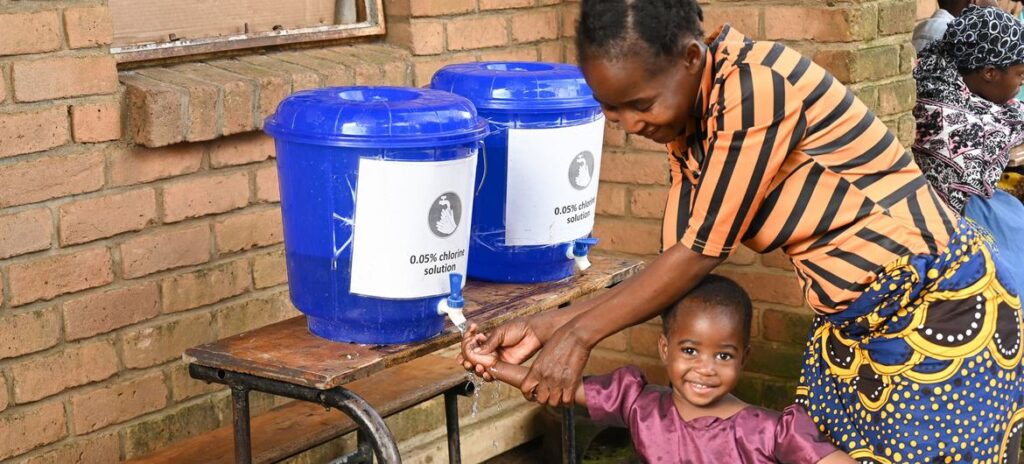
UNICEF issued a warning on Friday regarding the outbreak of child cholera in the tumultuous North-Kivu province of the Democratic Republic of Congo as estimates indicate that over 8,000 children under the age of five have contracted the disease this year.
For nearly thirty years, the eastern province has been devastated by ongoing conflict, leading to extensive displacement of its population.
According to UNICEF, the total number of cases reported across the nation in 2023 has reached 31,342, with a significant number of children among those affected.
The province of North-Kivu has been the hardest hit, accounting for a staggering 21,400 cases on its own, as reported by the organization citing data from the health ministry.
“The size of the cholera outbreak and the devastation it threatens should ring alarm bells,” said Shameza Abdulla, UNICEF DRC senior emergency coordinator, based in Goma.
“If urgent action is not taken within the next months, there is a significant risk that the disease will spread to parts of the country that have not been affected for many years,” Abdulla said.
“There is also the danger it will continue to spread in displacement sites where systems are already overwhelmed and the population -– especially children -– is highly vulnerable to illness and -– potentially -– death.”
According to UNICEF, the number of cases involving children under five who have been infected in North-Kivu this year, which exceeds 8,000, is more than sixfold compared to the entire count for the previous year.
In 2017, a widespread outbreak of the disease impacted extensive areas of the nation, including the capital city Kinshasa, where over 55,000 cases were recorded, resulting in more than 1,100 fatalities.
In June, the International Organization for Migration reported that approximately one million individuals were forced to flee their homes in the eastern region due to conflict during the initial quarter of this year.
UNICEF noted that the camps housing the displaced population lacked the necessary capacity to manage the situation, and the dire conditions in these camps were contributing to the rapid spread of cholera.
The organization has made a plea for $62.5 million in funding to strengthen its efforts in preventing and responding to the disease’s spread.
The goal is to reach 1.8 million individuals by the end of the year, including one million children.
As of now, the organization highlighted that the monetary appeal has only been funded to a mere nine percent.
